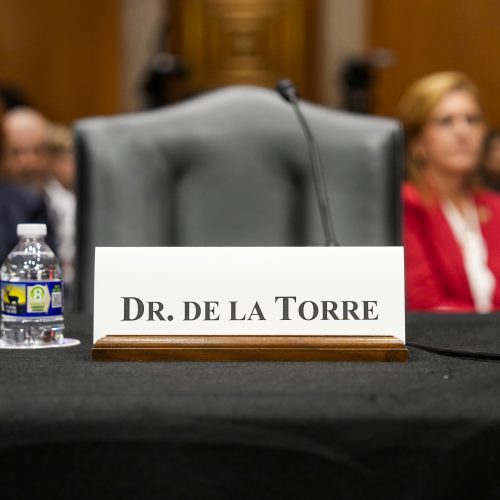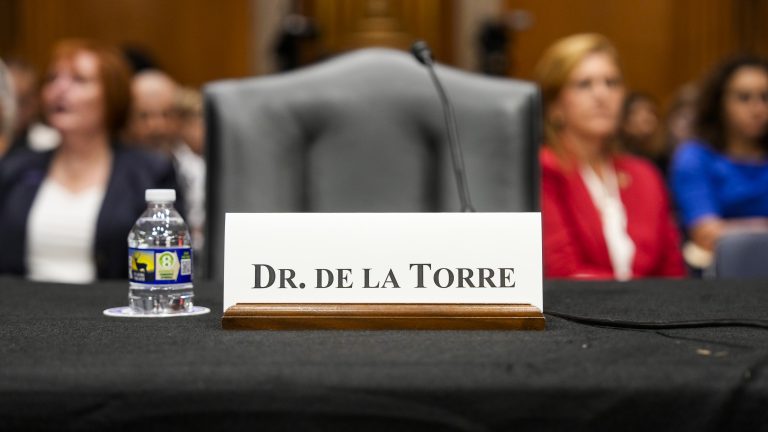CEO of “health care terrorists” sues senators after contempt of Congress charges
The infamous CEO of a failed hospital system is suing an entire Senate committee for being held in contempt of Congress on civil and criminal charges that were unanimously approved by the full Senate last week.
In a federal lawsuit filed Monday, Steward CEO Ralph de la Torre claimed the senators "bulldozed over [his] constitutional rights" as they tried to "pillory and crucify him as a loathsome criminal" in a "televised circus."
The Senate committee—the Committee on Health, Education, Labor, and Pensions (HELP), led by Bernie Sanders (I-Vt.)—issued a rare subpoena to de la Torre in July, compelling him to testify before the lawmakers. They sought to question the CEO on the deterioration of his hospital system, which previously included more than 30 hospitals across eight states. Steward filed for bankruptcy in May.


© Getty |

